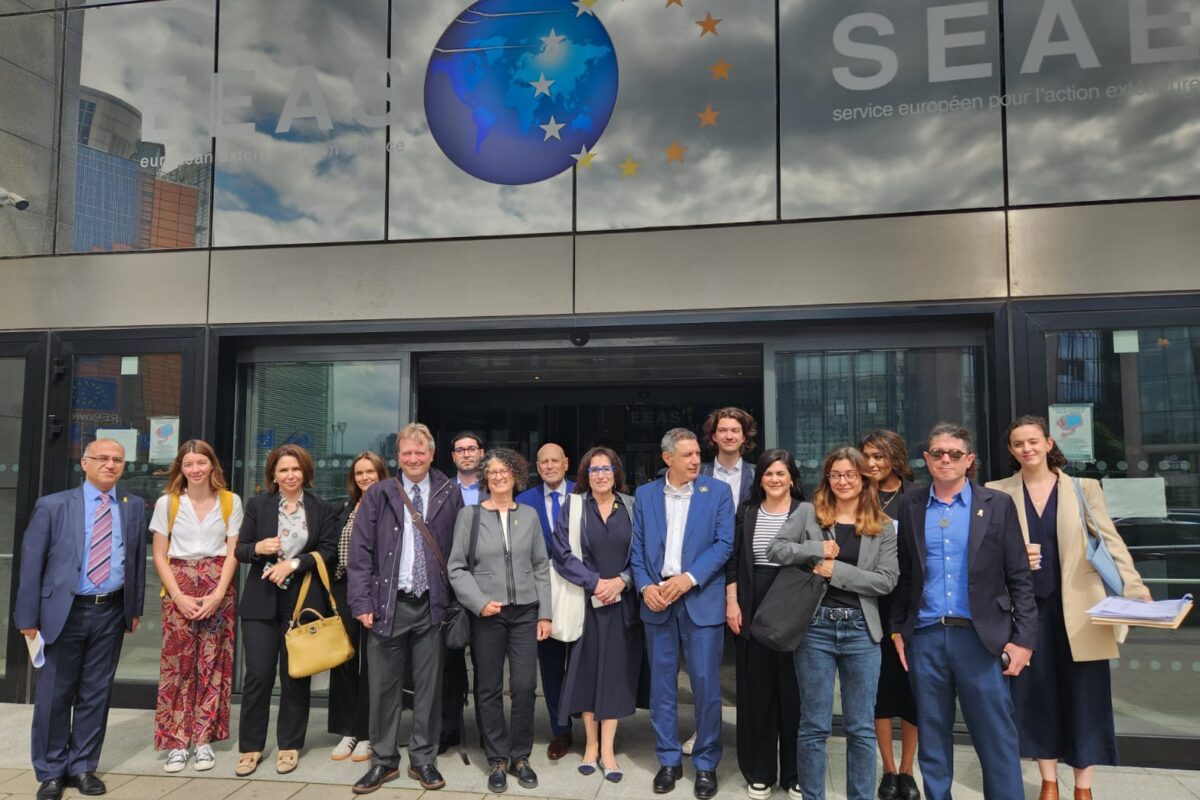European Election, 6-9th June 2024
What are we voting for?
Every five years, citizens of 27 European member states vote to elect members of the European Parliament, also called MEP.
There are 720 seats. Every member state has a defined number of seats, distributed proportionally: the more citizens a country has, the more seats it has in Parliament. Germany has the most seats, with 96 MEPs, while Malta, Luxembourg and Cyprus have 6 seats.
In Parliament, members sit by transnational political groups: those bring together national political parties from the 27 countries.
The largest political groups are the EPP (European People’s Party), S&D (Progressive Alliance of Social and Democrats) and Renew Europe.
You are voting for a list of candidates, with the same number of names as there are seats per country. So, for Germany, each list as 96 names. Each list with less than 5% of votes is eliminated. Then, elected lists share the number of seats proportionally to the number of votes obtained.
What does the European Parliament do? Why does it matter?
The European Parliament (EP) is the EU’s legislative body. The Parliament votes on laws, the budget, and the European Union’s broad political direction. The EP also exercises political control over the European Commission: it is essential in the Commission’s nomination.
Given its importance, the EP is the only directly elected European institution.
The Parliament is responsible for:
Democratic scrutiny: The Parliament approves the European Commission and can bring it down through a no-confidence vote.
Deliberation: MEPs can ask written or oral questions to the Commission regarding its actions
Legislation: Most legislative proposals can only become law if they are approved by the European Parliament
EU Budget: The Parliament needs to approve the EU’s annual budget and it supervises the spending.
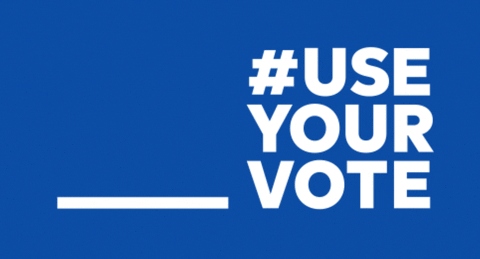
Learn more about the structure and procedures of the European Union here: European institutions in a nutshell – EU Watch
How to vote?
Between June 6th and 9th European citizens will vote. Voting procedures vary according to national voting procedures.
As an EU citizen, you can vote in your country of origin, from abroad or in the EU country you live in. For more information on how to register, visit: https://elections.europa.eu/en
Not sure whom to vote for? Check out these resources for your country:
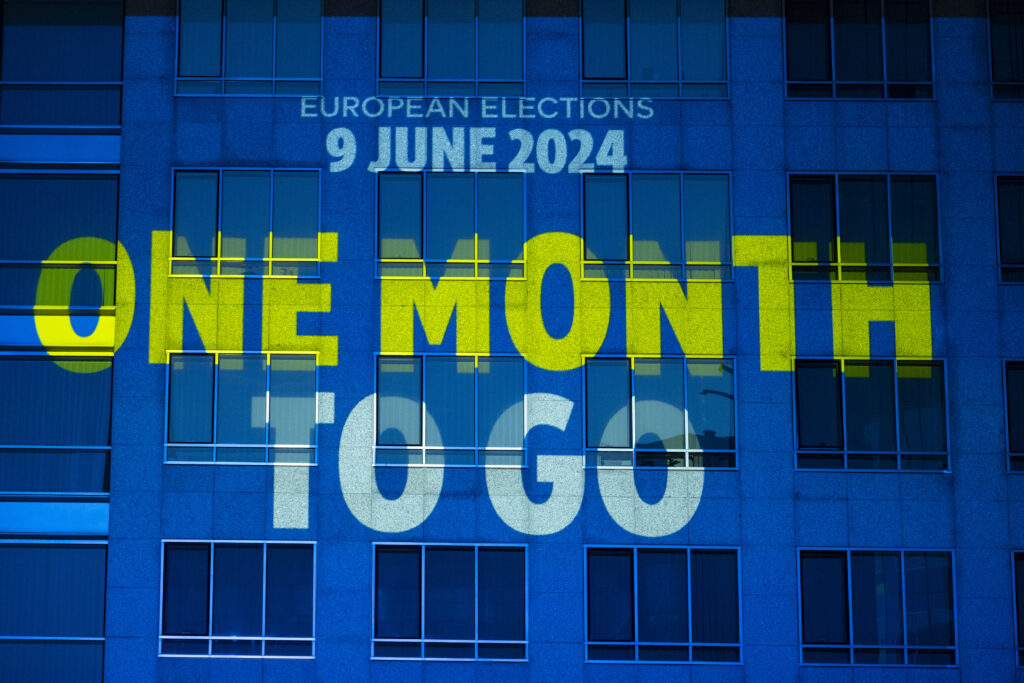
Don’t forget to check your candidates!
Each national party joins a transnational, European political group once in Parliament.
Here are the 7 groups. You can check their programs of their website:
The EPP: https://www.eppgroup.eu/
S&D: https://www.socialistsanddemocrats.eu/
Renew Europe: https://www.reneweuropegroup.eu/
The Greens: https://www.greens-efa.eu/en/
The Left: https://left.eu/
The ECR: https://ecrgroup.eu/
ID Group: https://www.idgroup.eu/
You would like to learn more about the EU’s history? Have a look at this timeline.
Our newsletter
Do you want to subscribe to the EU Watch newsletter?
We will keep you informed about our latest publications and events. EU Watch will store your email address in our database. It will not be shared with third parties.
You can unsubscribe at any time by clicking on the link at the bottom of the newsletter. Find out more in our privacy policy
Read more
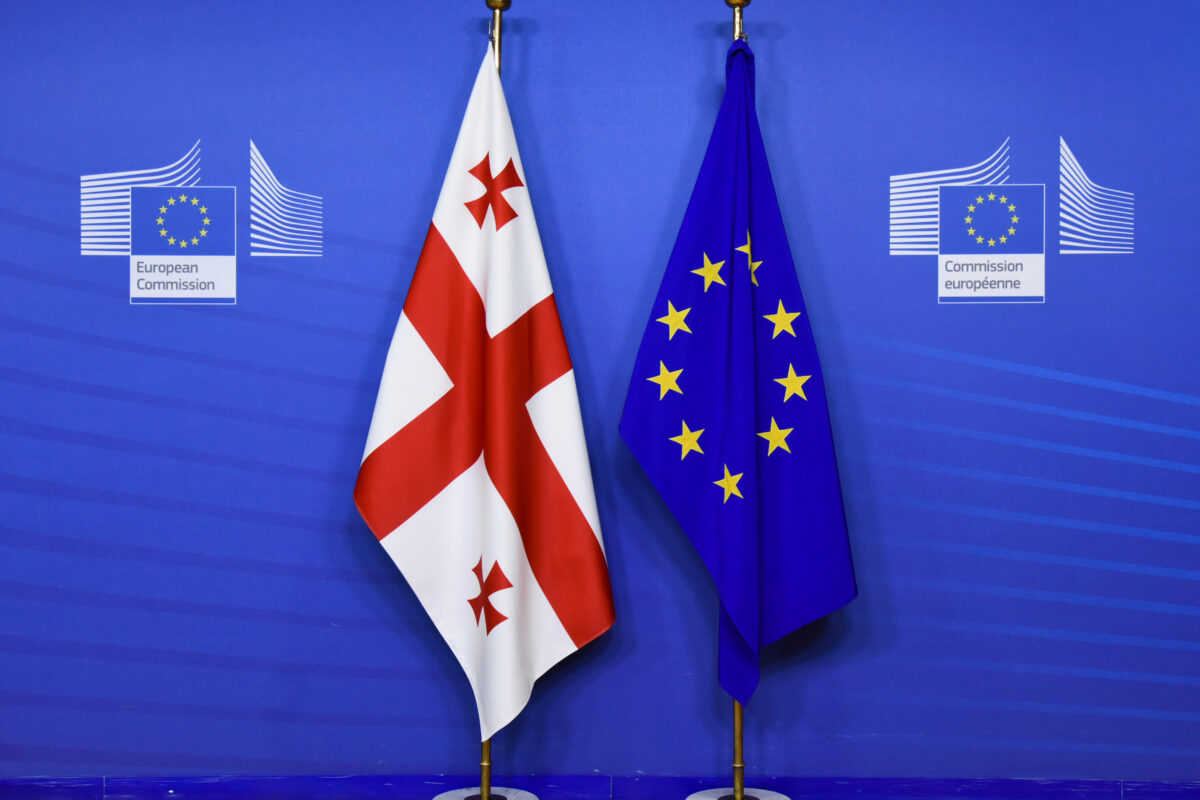
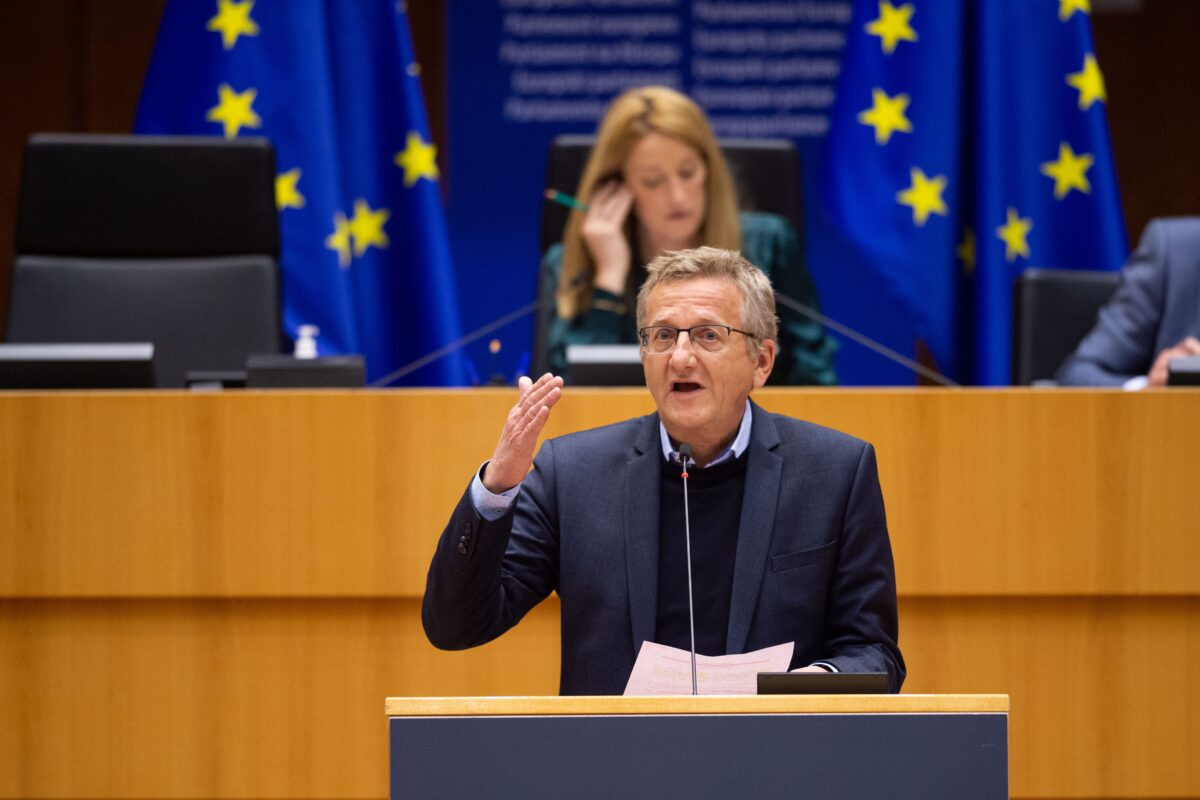
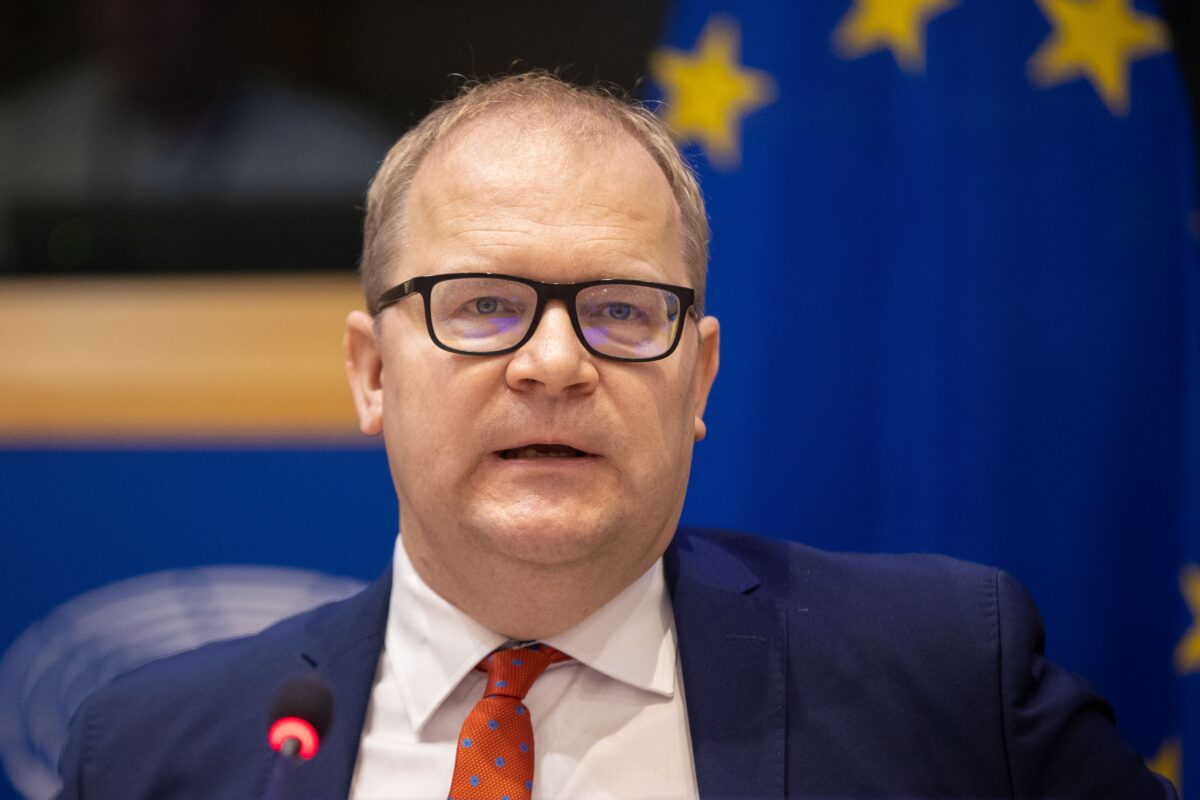
Former Estonian Foreign Minister: “We should make Russia understand that the West is not weak anymore”
In our most recent podcast edition of “EU Matters”, the Vice-Chair of the Foreign Affairs Committee of the European Parliament and former Estonian foreign minister, Urmas Paet, talks about the threat of Russia to Europe and the West’s support for Ukraine, as well as the recent developments in the Middle East between Israel and Iran.

Avital Grinberg appointed as General Manager of EU Watch
BRUSSELS – EU Watch announces the decision to appoint Avital Grinberg as the new General Manager, succeeding Michael Thaidigsmann at the helm of the organisation.
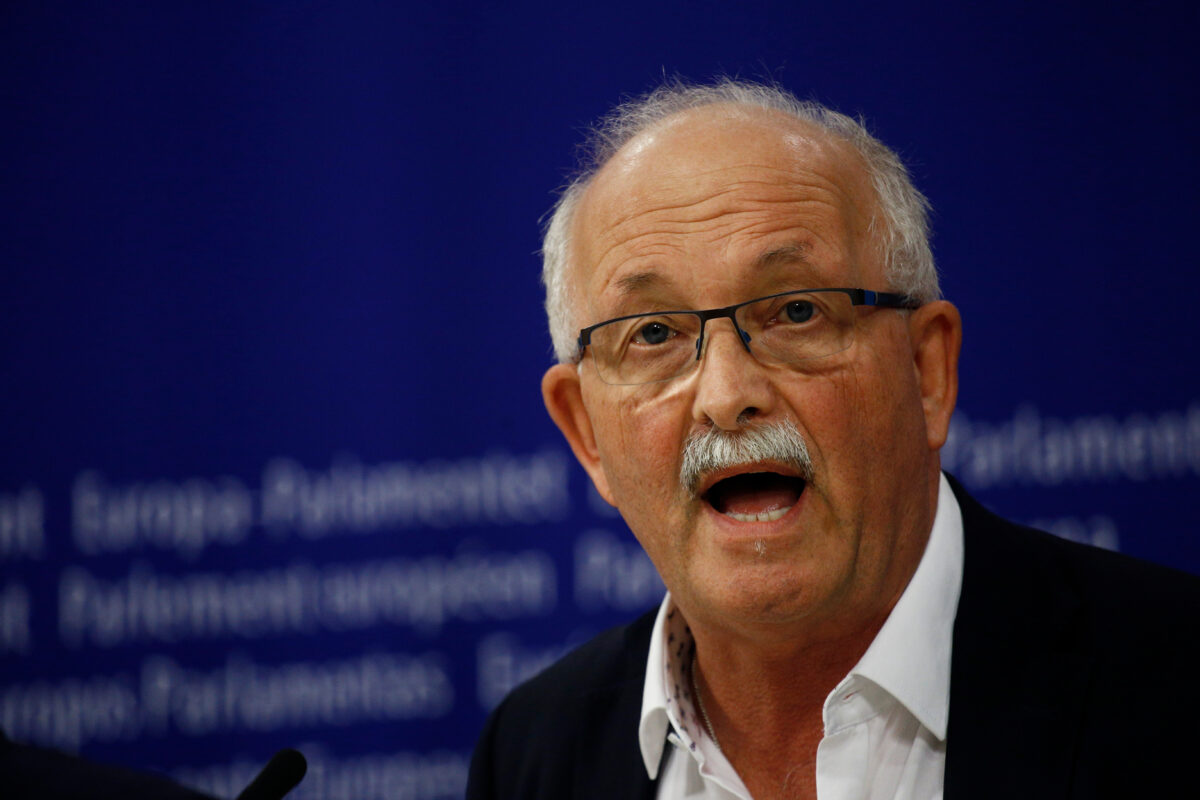
Veteran Socialist lawmaker: “We always knew that the EU would come under attack from guys like Putin”
German MEP Udo Bullmann talks about the importance of human rights in EU’s foreign policy, the EU as a player on the world stage and foreign interference in EU politics.
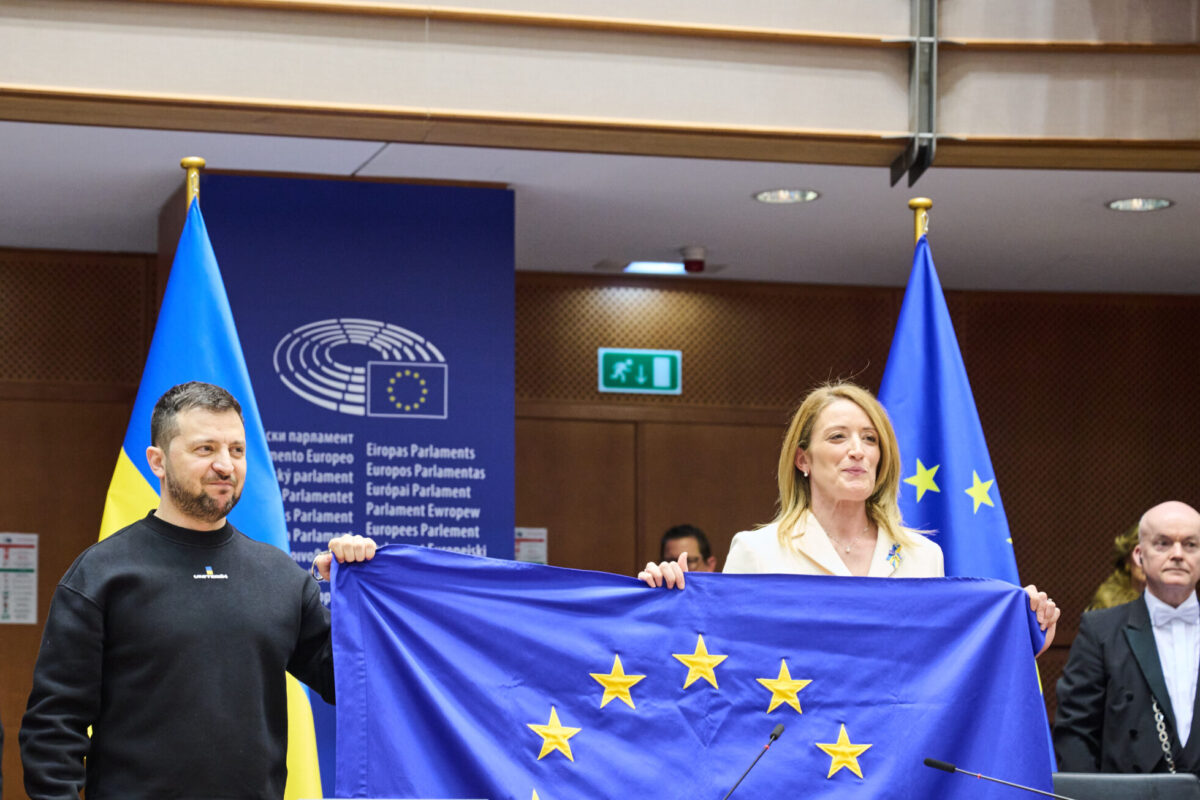
EU’s pivotal steps toward Ukraine, Moldova, and Georgia: A personal perspective on the region’s historic shift
Professor Cristina Vanberghen delivers her opinion on the European Council’s decision to green-light negotiation talks with Ukraine and Moldova.
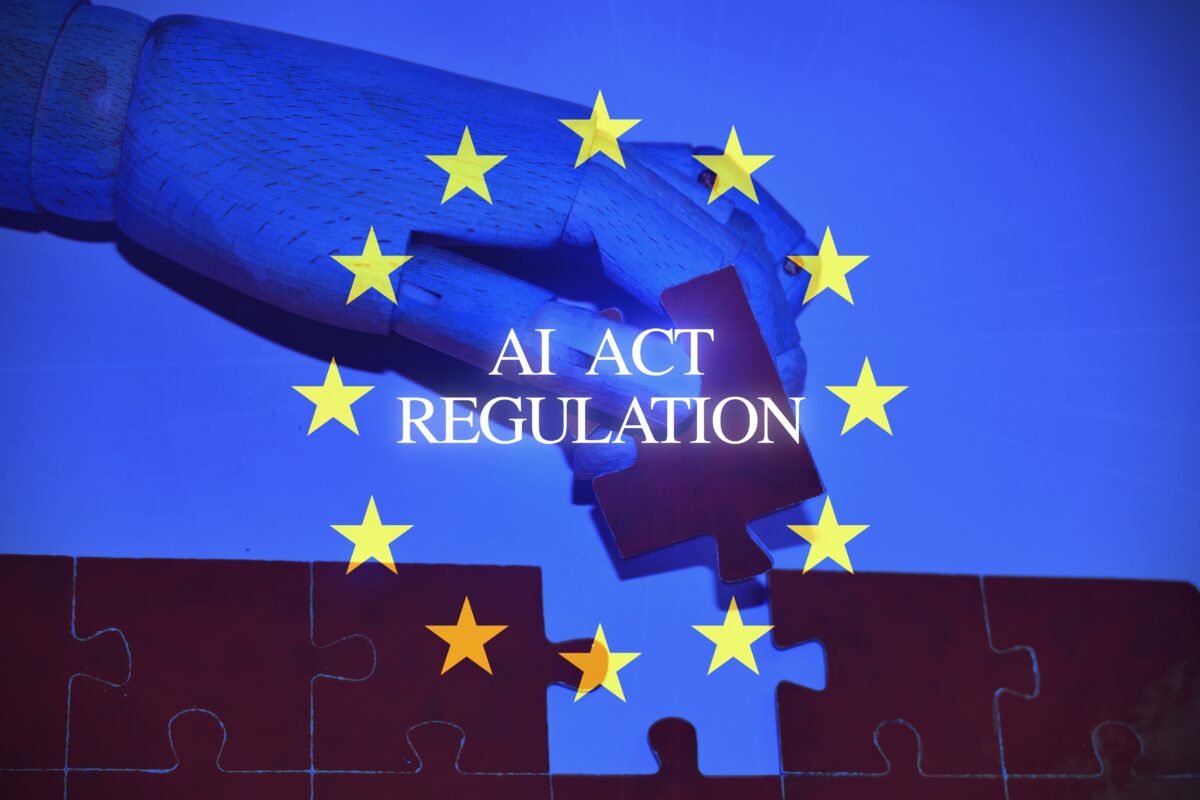
EU Sets Global Standard for AI Regulation
Professor Cristina Vanberghen delivers her analysis of the EU AI Act, which regulates the use of Artificial Intelligence in the Union.
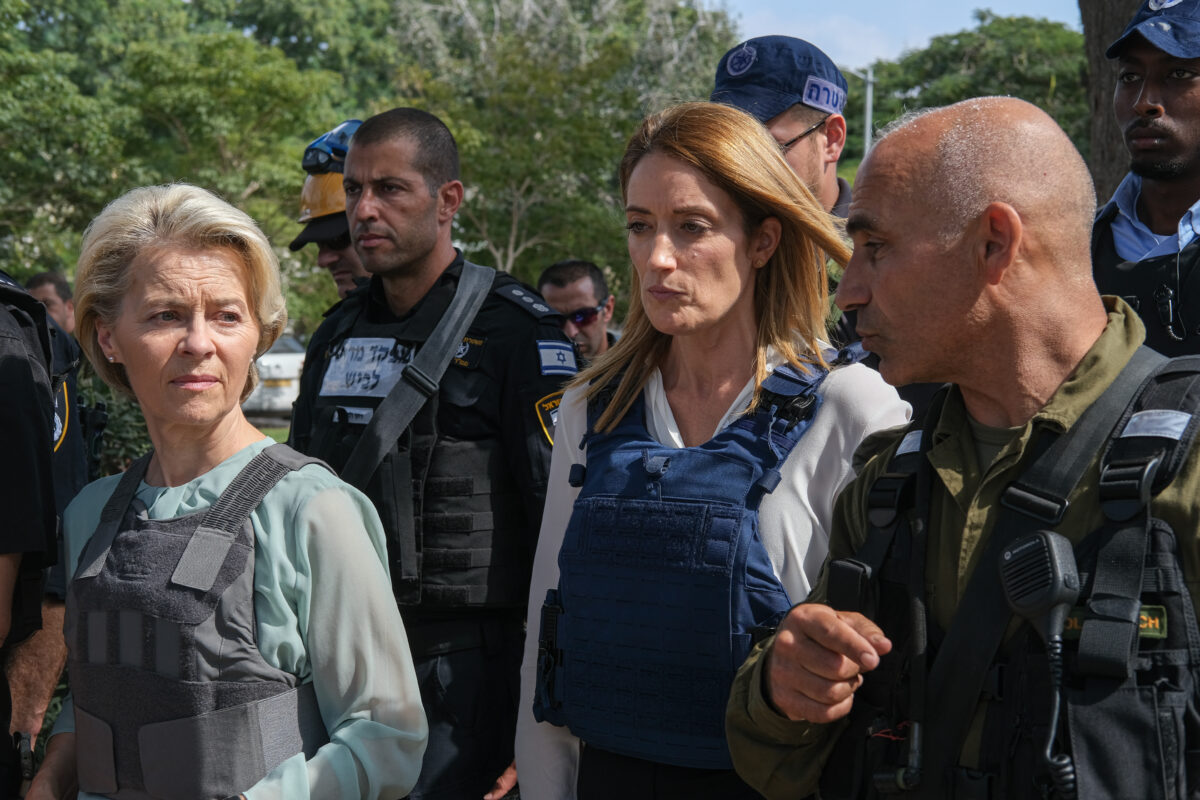
Enhancing our understanding of the EU’s role in the Middle East
Professor Cristina Vanberghen delivers her analysis on the EU’s role in mediating Middle East conflicts.
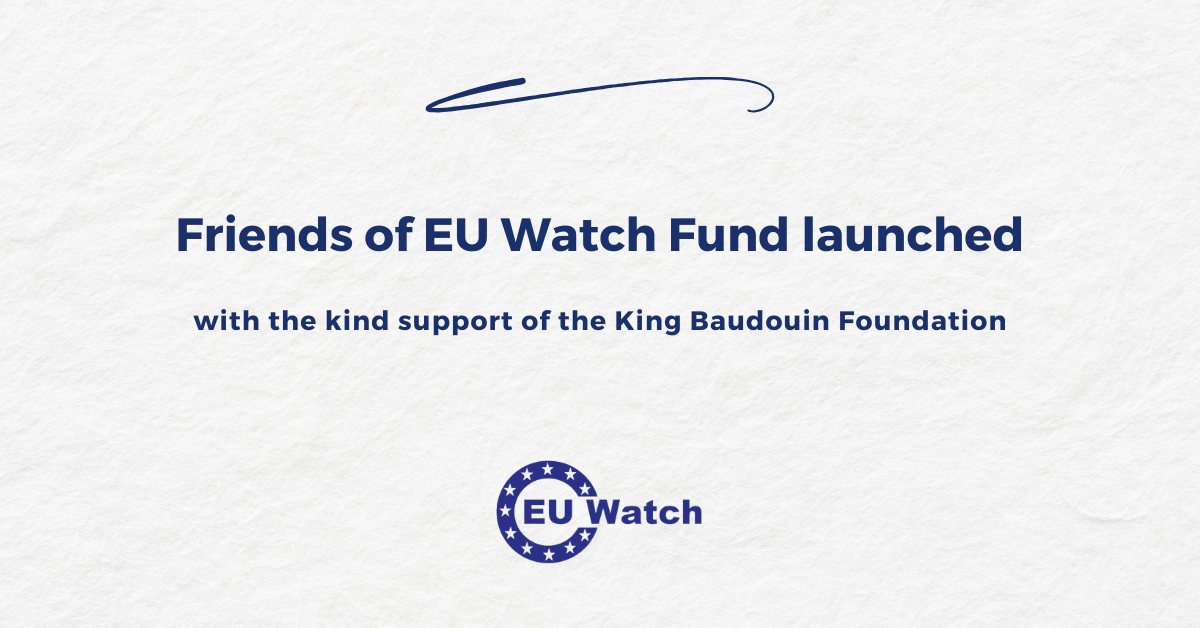
Friends of EU Watch Fund launched
A new fundraising platform to support the mission and projects of EU Watch has been established under the auspices of the renowned King Baudouin Foundation in Belgium.
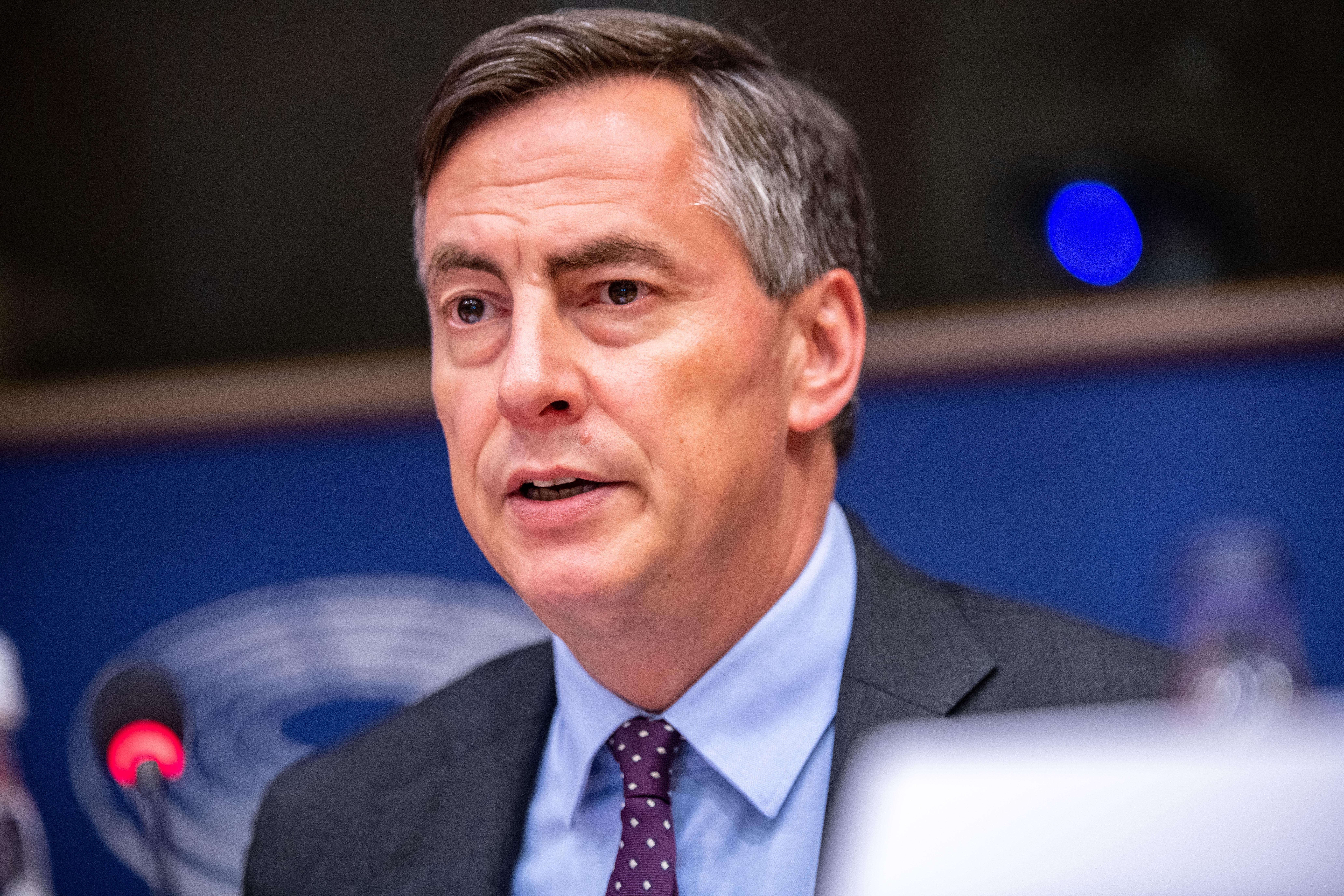
David McAllister: “The EU should be a global player, not just a payer”
The chairman of the European Parliament’s Committee on Foreign Affairs on the role of the European Parliament and the European Union in world politics.
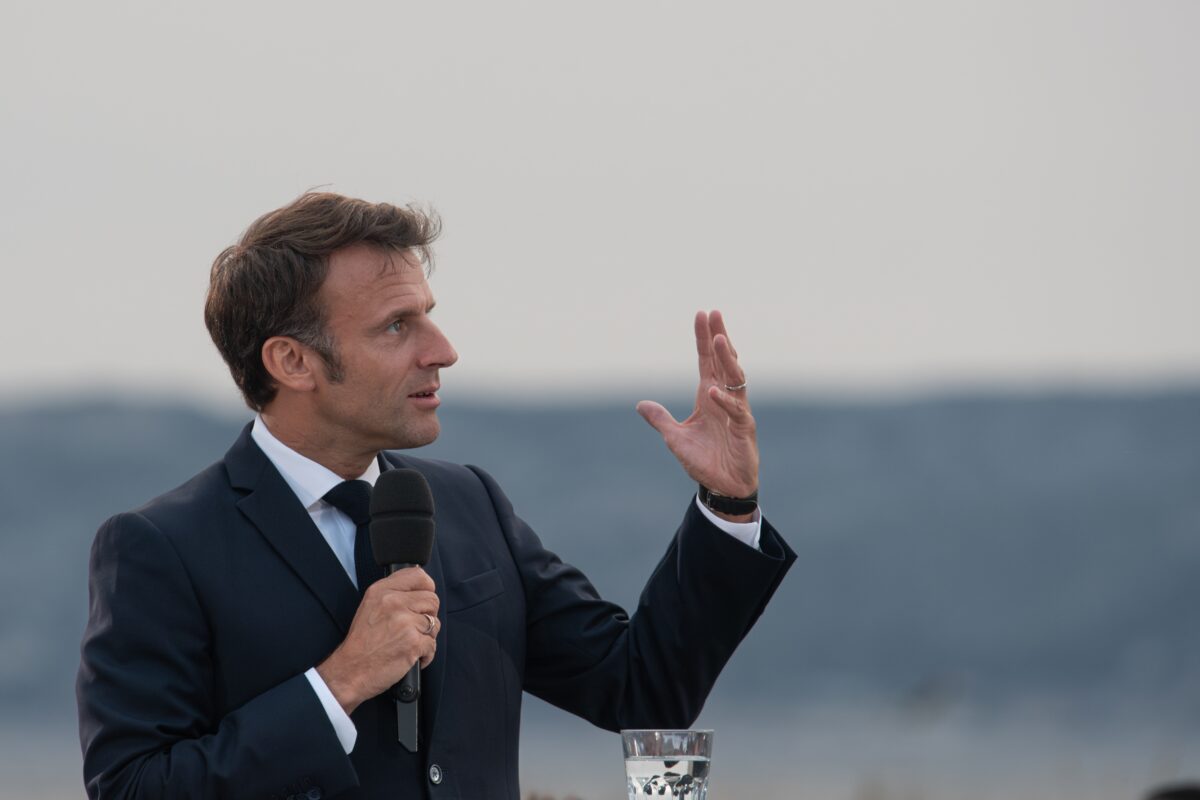
Squaring the concentric circles?
Cristina Vanberghen delivers her thoughts on the Franco-German proposal for EU reform
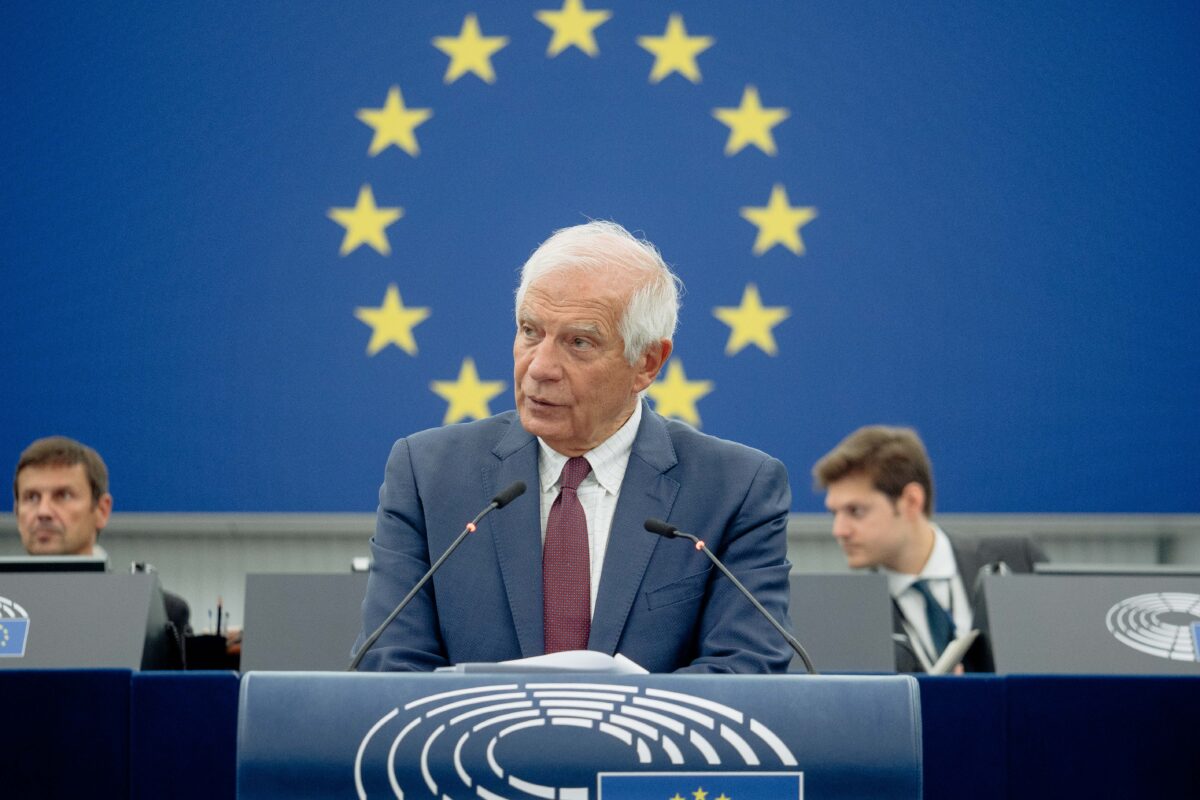
Borrell: “EU has a special duty of care”
EU foreign policy chief Josep Borrell responds to questions from EU Watch and Hostage Aid Worldwide on European hostages jailed in Iran.
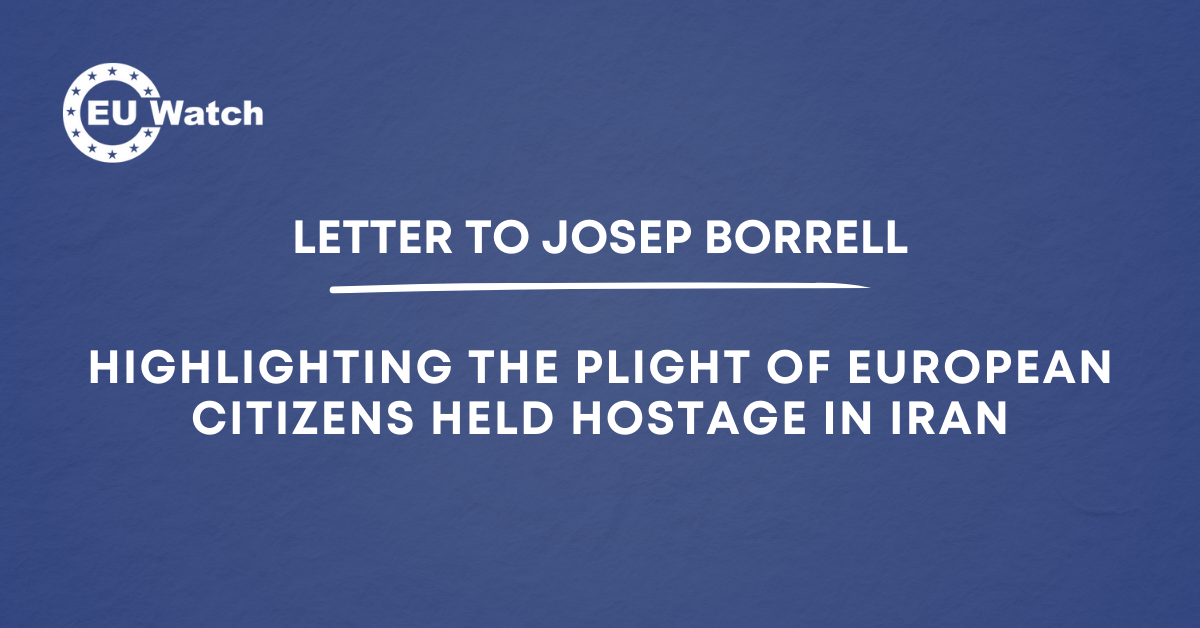
Letter to Josep Borrell concerning the case of Johan Floderus and other EU citizens held hostage in Iran
EU Watch and Hostage Aid Worldwide have asked EU foreign policy chief Josep Borrell what he and the EU diplomatic service have done to secure the release of his staff member Johan Floderus and other EU citizens who have been held hostage in Iran for long time.
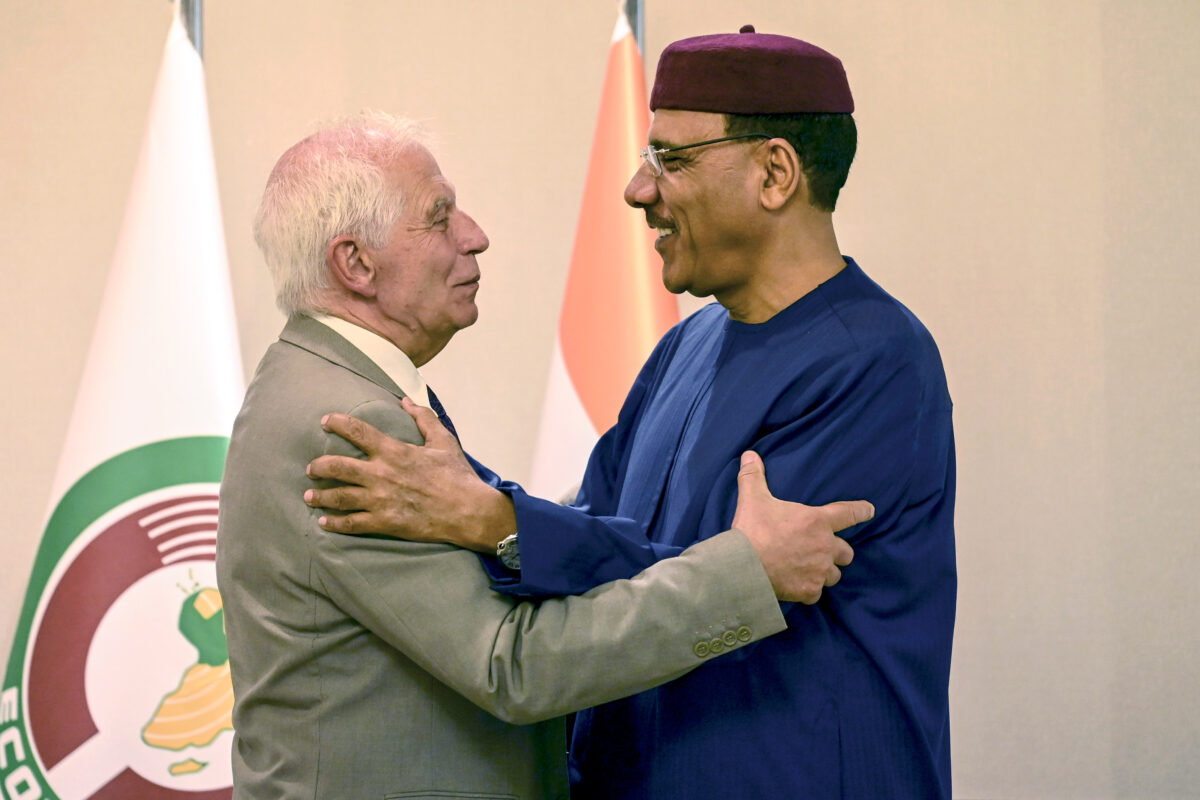
After the coup in Niger: What are the options for the EU?
What are the consequences of the military coup in Niger, and is the European Union’s response adequate?

Open letter for the release of Iranian artist Toomaj Salehi
EU Watch joins more than 150 politicians, organizations, and activists in calling for the immediate and unconditional release of Iranian rapper and dissident Toomaj Salehi. Please find below the full letter.
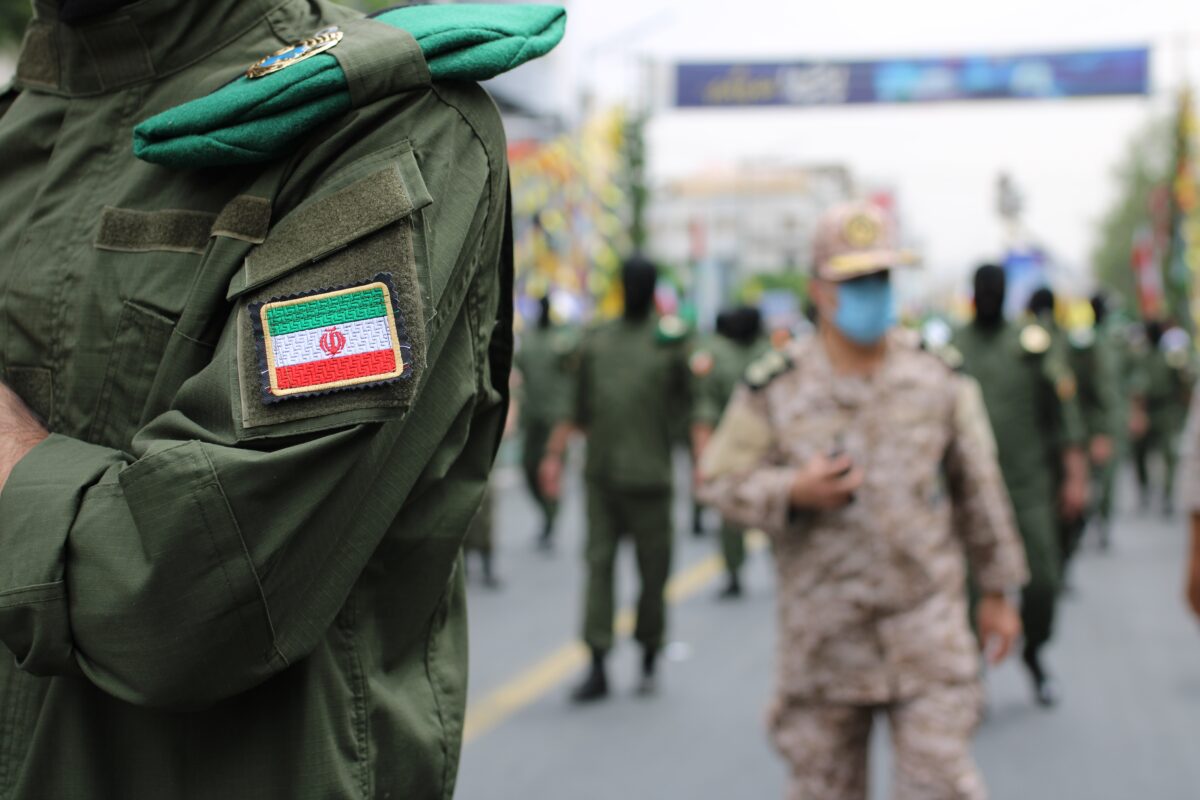
“Write your last letter to your mom”: How an Iranian dissident broke free from Khamenei’s regime
Arash Hahmpay, an Iranian dissident and activist details his dreadful experience with the Islamic regime in Iran and how he escaped to Germany.
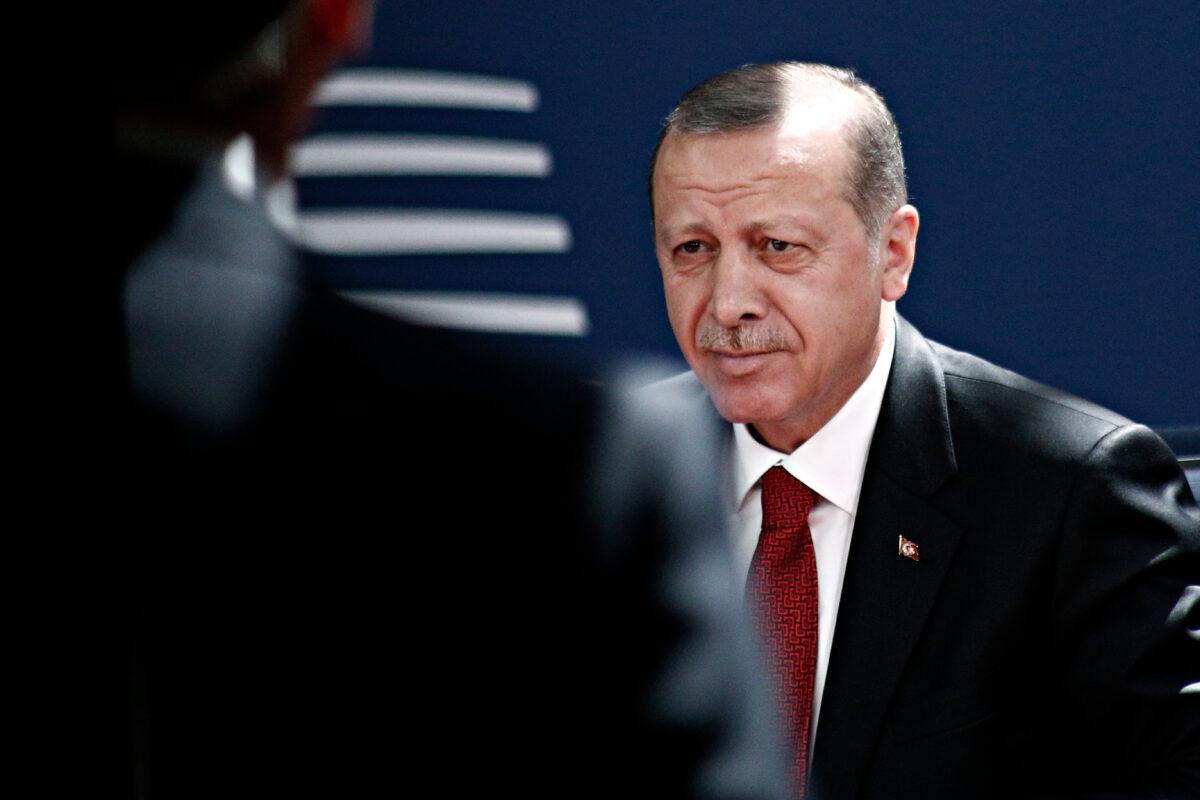
EU-Turkey relations: “Erdogan is not 12 feet tall”
Turkey expert Dimitar Bechev argues that the European Union has a lot of leverage on Ankara, in spite of Recep Tayyip Erdogan’s re-election.
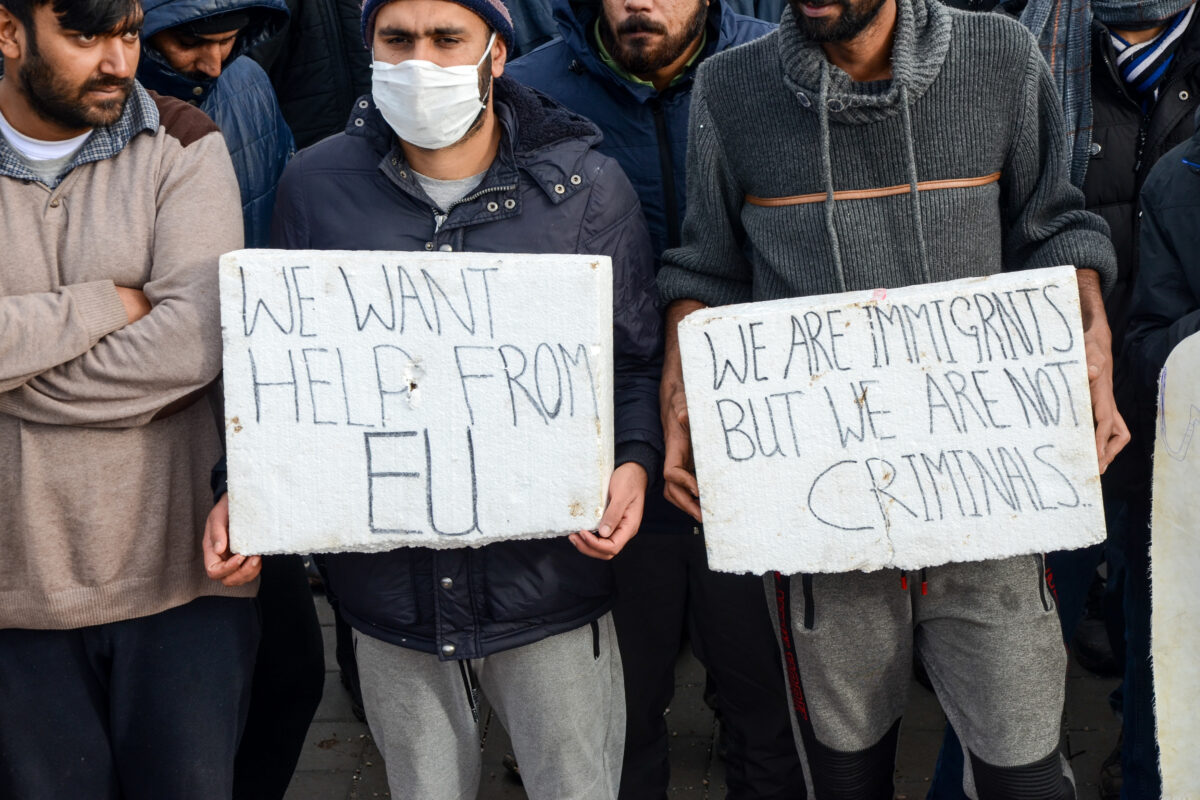
Council reaches agreement on controversial reform of asylum rules
Member states want new rules for the processing of asylum applications, including a solidarity mechanism.
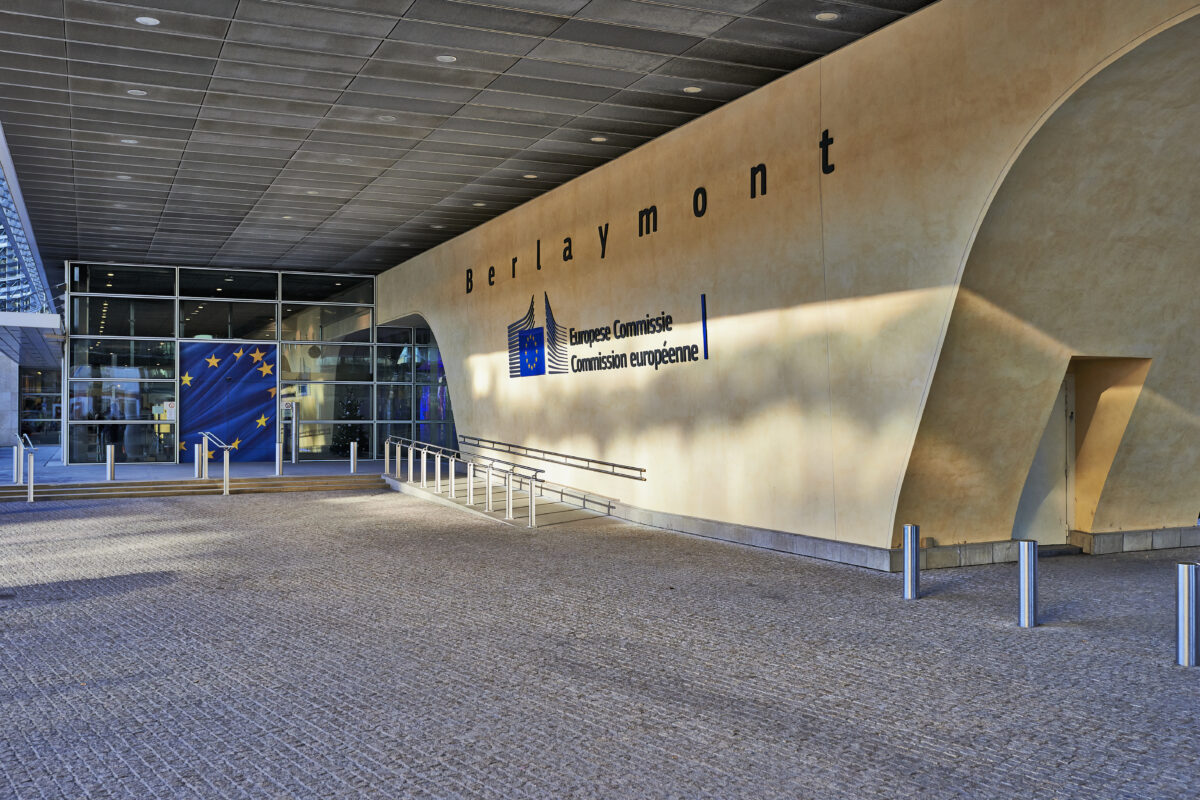
Outsourcing EU foreign policy?
Should private companies be entrusted with formulating EU foreign policy priorities asks Cristina Vanberghen, an expert on EU affairs, regarding a controversial €4 million tender by the European Commission.
Become an EU Watch supporter!
Our newsletter
Do you want to subscribe to the EU Watch newsletter?
We will keep you informed about our latest publications and events. EU Watch will store your email address in our database. It will not be shared with third parties.
You can unsubscribe at any time by clicking on the link at the bottom of the newsletter. Find out more in our privacy policy
Our newsletter
Let's keep in touch!
Subscribe to our newsletter
EU Watch - Website: DIREXION Web Agency
This site is protected by reCAPTCHA and the Google Privacy Policy and Terms of Service apply.

